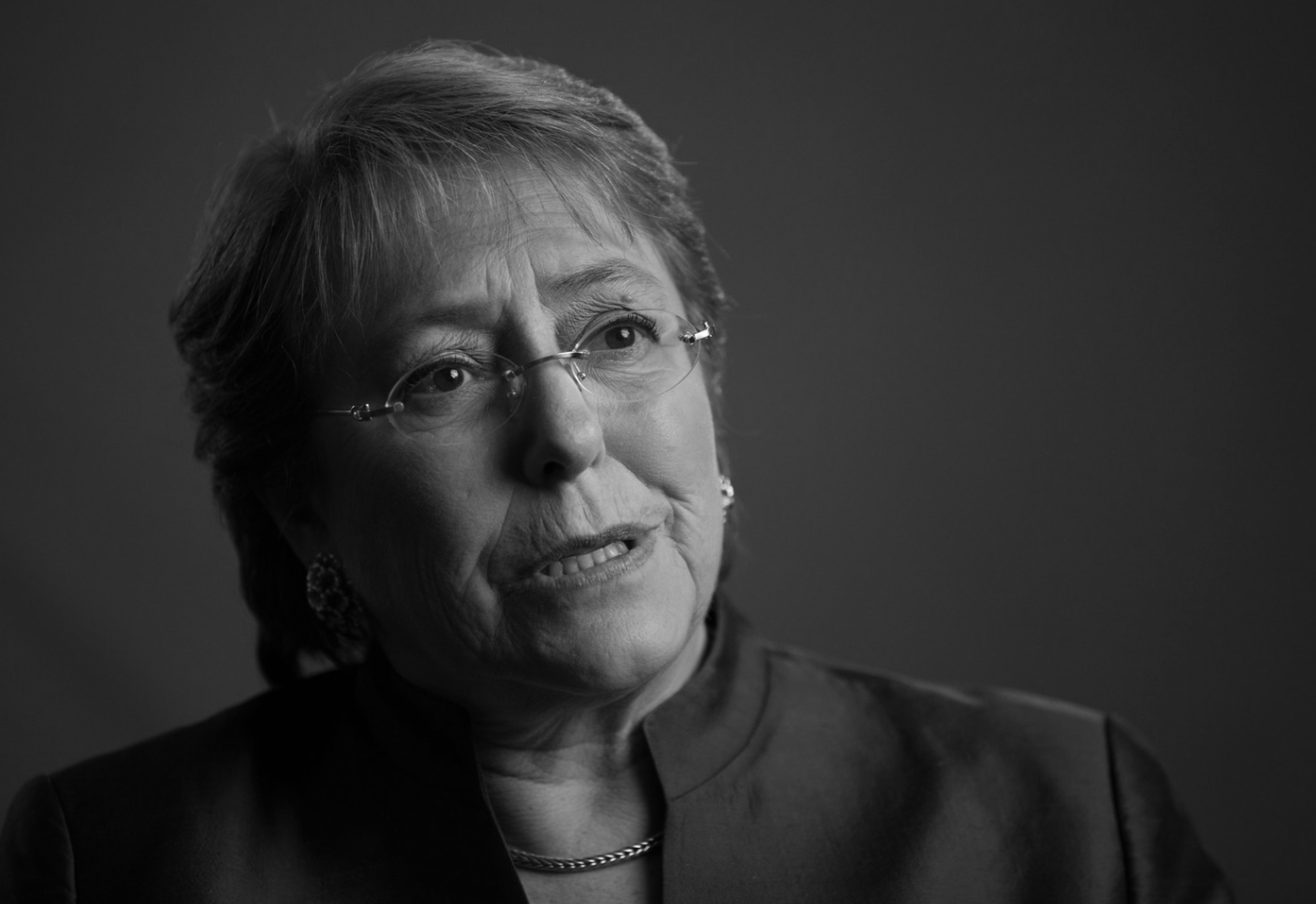July 7, 1995, was the last day Ramona saw her teenage daughter, Silvia. Two months later, Silvia’s body was found on a ranch outside of Ciudad Juarez, México, a city notorious for epidemic rates of femicide, or the killing of women due to their gender. 22 years later, no one has been convicted for her murder.
But today, violence against women continues to be a pervasive reality that takes many forms and threatens the dignity and life of women across the globe. Every year on November 25, the international community commemorates International Day for the Elimination of Violence Against Women on November 25. We join the United Nations and partner organizations to “orange the world” – by using color to represent a brighter future without violence against women.
Robert F. Kennedy Human Rights works to promote gender equality and confront violence against women. Using international litigation and direct advocacy, we help victims and their families in the ongoing quest for justice.
Our work in Latin America focuses on countries facing rising rates of violence against women. In Silvia’s case, Robert F. Kennedy Human Rights brought a claim before the Inter-American Commission on Human Rights (IACHR) in tandem with five other cases of femicide in Ciudad Juarez. Last month, IACHR granted admissibility on all six cases, giving hope to families who wait for justice that seems like it may never come.
In Guatemala, Robert F. Kennedy Human Rights acted as co-counsel before the Inter-American Court on Human Rights (IACourtHR) in the case of Claudina Isabel Velazquez Paiz, a young woman who was murdered in 2005. In 2015, the Court found Guatemala failed to act withdue diligence in the prevention and investigation of Claudina’s femicide.
There are also forms of gender-based violence that are less discussed in Latin America like the case of Hondurans Vicky Hernandez Castillo, a transgender woman murdered in 2009, and Leonela Zelaya, a trans woman and sex worker murdered in 2004. Together with a leading local LGBT organization – CATTRACHAS – Robert F. Kennedy Human Rights submitted petitions before the IACHR alleging the Honduran government’s lack of due diligence when investigating trans-femicides and the discrimination victims faced for being trans women.
Closer to home, we continue to advocate for the implementation of the IACHR’s 2011 decision in the case of Jessica Lenahan, a domestic violence survivor. Jessica’s three children were killed in 1999 after police failed to respond to her calls to arrest her estranged husband who had kidnapped the children. The IACHR found the United States violated Jessica’s rights and recommended changes to state and federal legislation.
Women around the world face a grave situation that demands greater awareness and action from all of us. That means promoting change in the small patterns of discrimination and violence that women experience in daily life, to policy decisions that can protect women victims of domestic violence and the prosecution of those responsible of femicides.
Together, we can create one of Robert F. Kennedy’s ripples of hope for a brighter future without violence against women.
Natalia Gomez Peña is a legal intern at Robert F. Kennedy Human Rights



